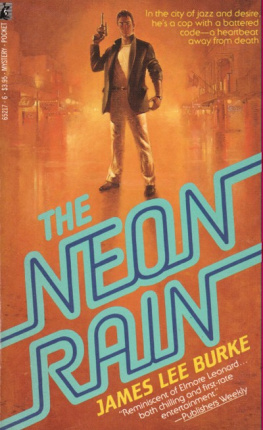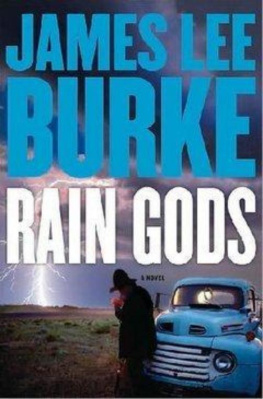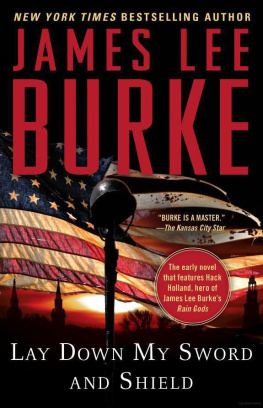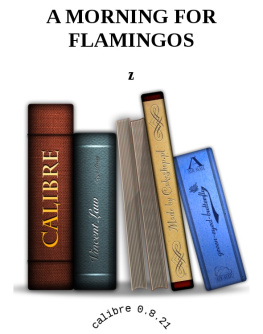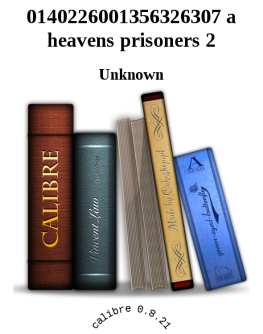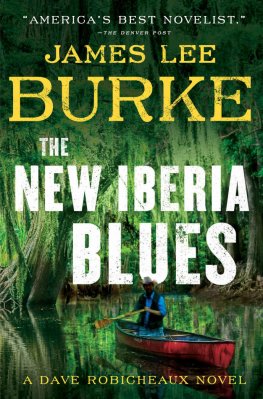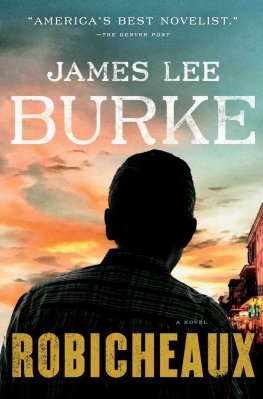TEN
That afternoon I repaid Annie theone-thousand-dollar bail feeshe had put up for me, then I searched in the Jefferson, Orleans, andSt. Bernard parish courthouses for commercial property deeds withWhiplash Larry Wineburger's name on them. I discovered that he was aslumlord of large proportions; but if he owned a warehouse in one ofthose three parishes, it was deeded under another name.
I went to an AA meeting that evening and later took Annie todinner at the track. It was hot that night, and I slept on the deck ofmy houseboat, possibly a careless thing to do, but I felt sodiscredited by this time that I doubted if my now often-repeated storywas a threat to anyone. The wind blew across the lake all night, and Islept so soundly in my hammock that I didn't wake until the sun washard in my eyes.
I went to an early-morning A A meeting in the Quarter, thenbought beignets and coffee from the Caf du Mondeand sat on a bench in Jackson Square and watched the sidewalk artistspaint and sketch the tourists. It was still cool in the shade, and thebreeze blew off the river. It smelled of coffee and pastry, shrimp inbins of ice, the trees and flowers in the Square, damp stone, the watersprinklers knocking through the banana leaves that grew over the top ofthe iron piked fence enclosing the park. I went inside St. LouisCathedral and bought a small book that narrated the history of thebuilding and read it on the bench while a Negro street musician playeda bottleneck guitar a few feet away from me.
I was ready to give up my pursuit. I knew I wasn't a coward ora quitter, but at some point reason had to reestablish itself in mylife. I couldn't afford any more attrition. I had already had one slip,had progressed within minutes from one drink to a full-blown bender (asthey say at the meetings, you pick it up where you left it off), and ifI slipped again I wasn't sure I'd ever get back from it.
After I'd struck out at the courthouse, I'd even thought aboutcreeping Wineburger's house or his law office. I knew people who wouldhelp me pull it off, toothieves who worked in car washes, where theymade impressions of the house keys on the automobile key ring; a veryslick second-story man who ran a wrecker service and would pull thedistributor cap off a car whose owner he wanted to burglarize, then towthe car around the block, cut duplicate keys on a machine he kept inthe truck, return the car with a fraudulent bill for repairs, and cleanout the house a week later.
But it wasn't worth it. Wineburger, the little Israeli, PhilipMurphy, and the general were out there malfunctioning in societybecause others much more important and powerful than I allowed them to.When these guys ceased to fill a need for somebody else, they would betaken off the board. That sounds like a cynical conclusion for a man toarrive at while sitting on a shady stone bench on a cool morning underbanana trees, but most honest, experienced cops will tell you the samething. It's facile to blame the Supreme Court for the pornographicbookstores and the live sex shows. They usually exist because somebodyon the zoning board is getting greased. Kids don't do dope becausetheir parents and teachers are permissive. They do it because adultssell it to them. No psychological complexities, no sociologicalmysteries.
When people become tired of something, it will end. In themeantime, Dave Robicheaux isn't going to make much difference in thescheme of things. My brother Jimmie knew that. He didn't contend withthe world; he dealt in electronic poker machines and off-track betting,and I suspected that he sold whiskey and rum that came in from theIslands without tax stamps. But he was always a gentleman and everybodyliked him. Cops ate breakfast free in his restaurant; state legislatorsgot pig-eyed drunk at his bar; judges introduced him to their wiveswith expansive courtesy. His transgressions had to do with licenses,not ethics, he used to tell me.
"The day these people don't want to gamble and drink, we'llboth be out of jobs. In the meantime, go with the flow, bro."
"Sorry," I'd answer. "'Flow' somehow suggests 'effluent' tome. I guess I'm just imaginative."
"No, you just believe in the world that should be, rather thanthe one that exists. That's why you'll always be the driven guy youare, Dave."
"Is there any charge for that?"
"What do I know? I'm just a restaurateur. You're the guy thatfought the wars."
As irony would have its way, my reverie was broken by a maroonCadillac convertible with an immaculate white top that pulled to thecurb twenty feet from my bench. Two of Didi Gee's hoods got out on eachside. They were young, lithe, dressed in summer slacks and open-neckedshirts with gold medallions around their necks. Their mirror sunglassesand tasseled Nettleton shoes were almost part of a uniform. What alwaysstruck me most about lower-level Mafia hoods were the insipidexpressions, as though their faces had been glazed with tallow, and thelifeless speech patterns that they believed passed for sophistication.The only political regime that ever dealt with them effectively wasMussolini's. The fascists tore out their hair and fingernails withpliers, shot them, or sent them to fight against the Greeks. The Mafiawelcomed the Allied liberation in 1943 with great joy.
"Good morning, Lieutenant. Mr. Giacano would like to inviteyou out to his house for brunch," the driver said. "You can drive outwith us if you want. The road's tore up by Chalmette."
"I'm not sure I place you with the sunglasses on. Is it JoeMilazzo?" I said.
"That's right. I used to run my uncle's pizza place rightacross from your office."
But that wasn't why I remembered his name. He had been arunner for his uncle's book, and he used to lay off bets at theparimutuel when his uncle took on an overload. But I'd also heard arumor a year ago that he and his uncle had doped a thoroughbred with aspeedball that literally exploded the animal's heart on the far turn atthe Fairgrounds.
"What's on Didi Gee's mind?" I said.
"He just said ask you out, Lieutenant."
"I'm kind of tied up today."
"He said if it's too far out for you to drive, he'd like tohave you as his guest for lunch at Mama Lido's."
"Thank him for me just the same."
"I think it's about these people that's been giving you allthis trouble. If you want, you can use the phone in the car to talkwith him."
"I appreciate the help he tried to give me Sunday. But as heprobably knows, it didn't do much good. In other words, take theNicaraguans to the First District."
He looked away toward the Pontalba Apartments on the corner,his face quietly exasperated.
"I'm kind of in a hard spot, Lieutenant," he said. "Mr.Giacano is a nice guy to work for. He paid off my old man's hospitalbills, he give my little boy a bicycle for Christmas, he don't letnobody pay for anything when we go to a club. A lot of guys would pay alot to buy my job. But he don't like to hear words like 'maybe' or 'no'from a guy that waxes his cars and drives people around. If you ain'tcoming, I'd really appreciate you calling him up and telling him that."
"I'm afraid you'll have to live with it, podna."
"All right, I don't know from shit about Mr. Giacano'sbusiness dealings. I'm not an ambitious person. I don't care about whatdon't concern me. But I got ears. I'm human. I can't turn into a pottedplant just because people are talking around me. It's about some guynamed Murphy. You're not interested, Lieutenant, that's okay. But Idone my job."
I closed my book and took a bite of my beignet.I watched a woman sweeping out her storefront under the colonnade onthe corner. Rolls of sausage and cheese were hung in the window, and alittle black boy was spraying the boxes of grapes and plums along thefront wall with a hose.
"Tell Didi Gee I'll meet him at Mama Lido's at noon," I said.
Next page
